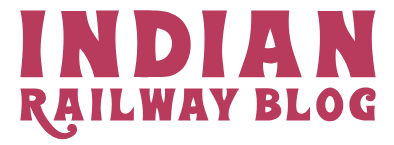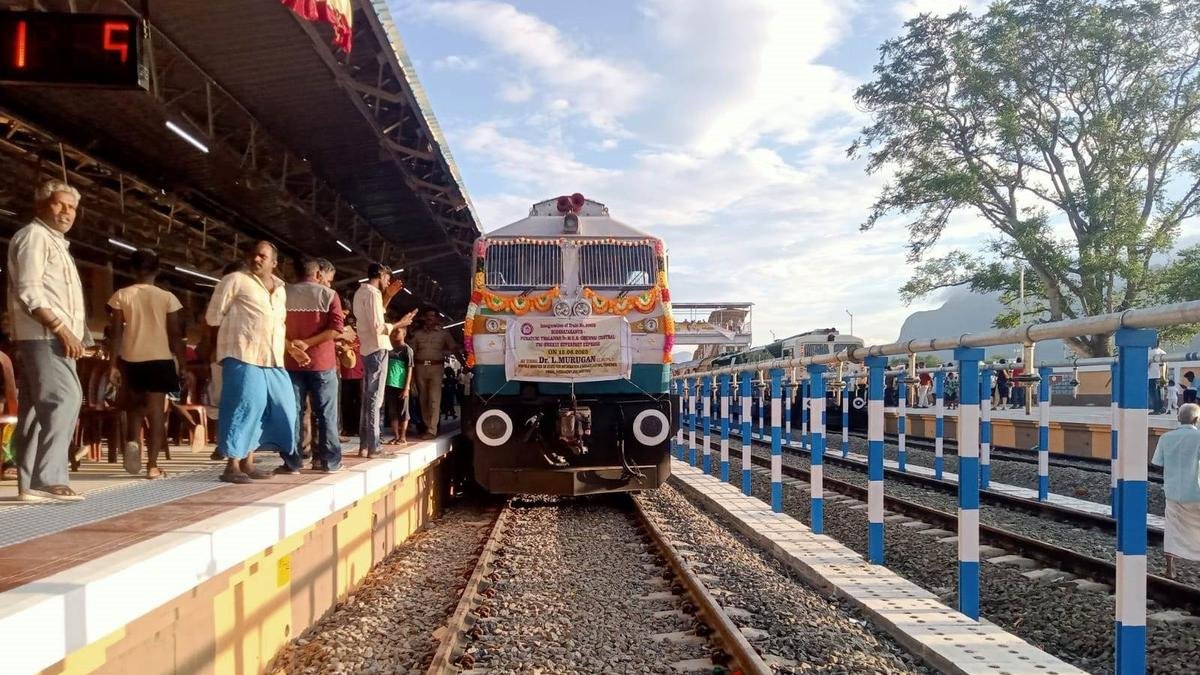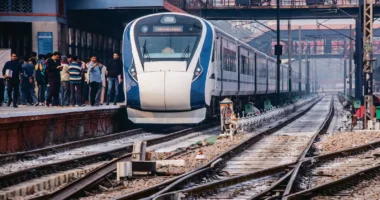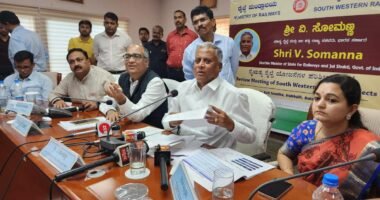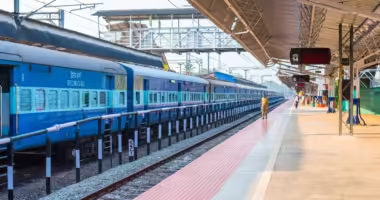In a surprising move earlier this week, the Indian Government has reversed its earlier stance on the recruitment policy of railway officers, signaling a shift that raises several questions and implications. The previous proposed policy had aimed to introduce significant changes to the railway recruitment process, with hopes of streamlining operations and enhancing accountability. However, after widespread feedback and analysis, the Centre decided to roll back the planned amendments.
Background: The Initial Proposal
The Indian Railways, known as the lifeline of the nation, had faced criticism over its recruitment practices, which were seen as inefficient and outdated. Consequently, the Centre had proposed an overhaul of recruitment policies to address these issues. Key elements of the initial proposal included:
- Centralized Recruitment: Abolishing region-specific recruitment processes to establish a cohesive national framework.
- Modernized Evaluation Techniques: Incorporating contemporary evaluation metrics and technology-driven assessments.
- Transparent Processes: Implementing more transparent hiring processes to minimize nepotism and biases.
The U-turn Decision: Reasons and Implications
Amidst rising concerns from various stakeholders including railway unions, bureaucrats, and experts, the Centre has now decided to retract the proposed recruitment changes. Several factors contributed to this decision:
Stakeholder Feedback and Concerns
One of the major contributing factors to this U-turn was the extensive feedback received from stakeholders. Major concerns raised included:
- Regional Representation: Concerns about losing regional representation and undermining local talent were highlighted.
- Complexity of Implementation: The ambitious nature of the centralized recruitment could have led to execution challenges.
- Impact on Current Employees: Potential disruptions and uncertainties over job security for current employees.
Evaluating Financial and Operational Feasibility
Experts pointed out that the financial and operational feasibility of such a profound policy shift had not been adequately assessed. The proposed changes required significant investment in infrastructure and technology which might not be immediately viable.
Reactions from Political Circles and Public
The policy reversal has sparked varied responses across political and public spectrums:
Political Reactions
- Opposition Parties: Opposition leaders have lauded the re-evaluation, terming it a ‘victory for common sense.’
- Coalition Partners: Some coalition partners have expressed relief, aligning with the concerns that local interests may have been sidelined.
Public and Industry Feedback
- Public Perception: General public sentiment appears mixed with some expressing relief while others remain skeptical of what this means for future recruitment.
- Industry Experts: Industry critics argue that while reversing the decision acknowledges potential flaws, the status quo might not address existing inefficiencies effectively.
Future Prospects: What’s Next for Indian Railway Recruitment?
With the rollback of the proposed policy, the Indian Railways finds itself at a crossroads. Moving forward, several possible paths exist:
Incremental Improvements
Instead of sweeping changes, the government might opt for incremental improvements, focusing on:
- Gradual Integration of Technology: Slow introduction of technology to existing processes to improve efficiency without comprehensive retooling.
- Building Consensus: Engaging with stakeholders more actively to devise policies that are inclusive and representative.
Maintaining Status Quo with Minor Adjustments
There is also the possibility that the Centre might choose to maintain the status quo with minor adjustments, easing into larger changes gradually and cautiously to guard against major disruptions.
Cautious Policy Formulation
Policymakers are likely to adopt a more cautious approach moving forward, ensuring thorough feasibility studies and stakeholder consultations before rolling out major policy shifts.
Conclusion
The recent reversal on the railway officers recruitment policy is a significant development that highlights the complexities of reforming large, entrenched systems like the Indian Railways. By addressing stakeholder concerns and prioritizing operational feasibility, the Centre aims to build a more sustainable future for railway recruitment. As the situation evolves, it will be crucial for all involved parties to work collaboratively to ensure effective and equitable recruitment practices that serve the nation’s interests.
Stay tuned for further updates and in-depth analyses as the story unfolds.
“`
